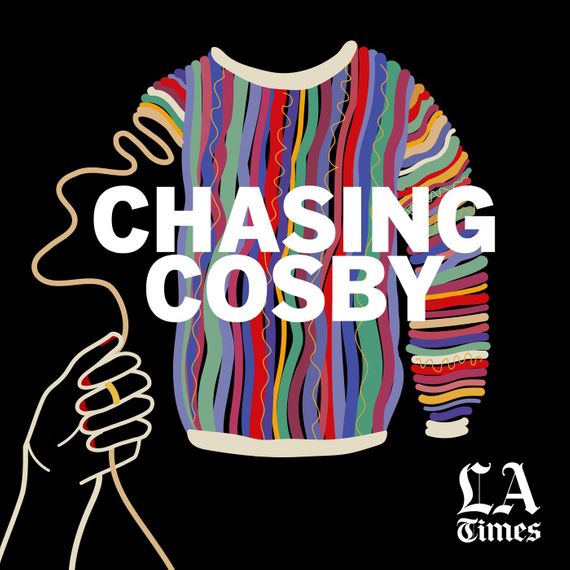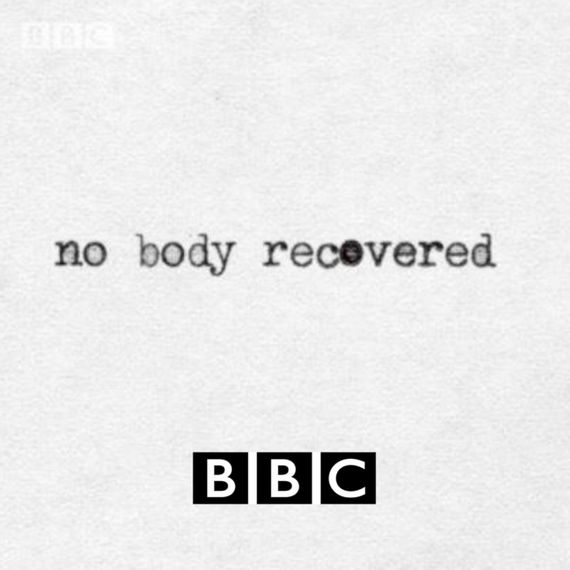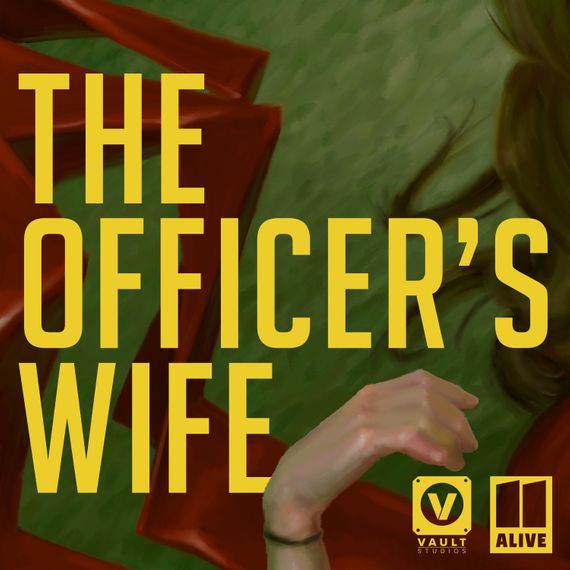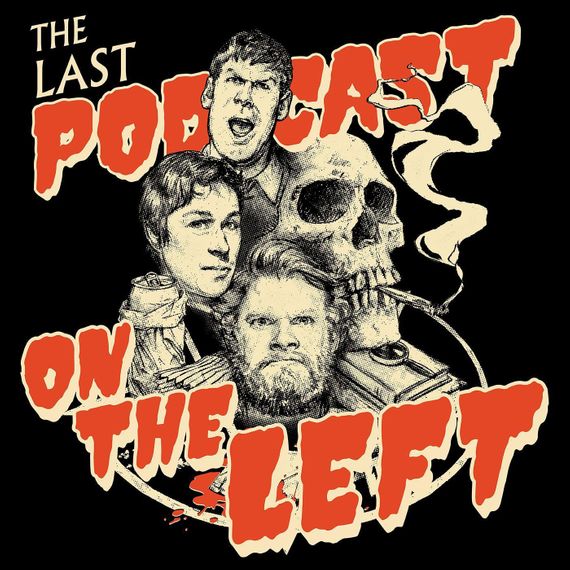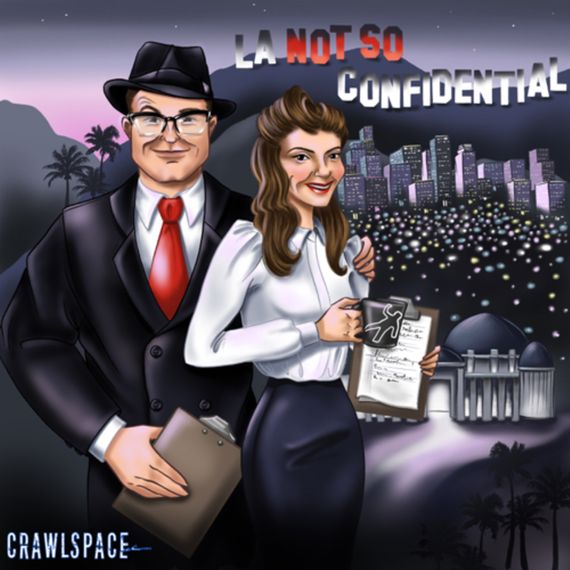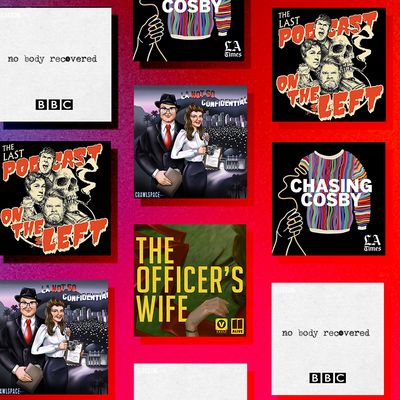
The true-crime podcast universe is ever expanding. We’re here to make it a bit smaller and a bit more manageable. There are a lot of great shows, and each has a lot of great episodes, so we want to highlight the noteworthy and the exceptional. Each week, our crack team of podcast enthusiasts and specialists will pick their favorites.
Chasing Cosby, “Fooled Them Again”
Investigative journalist Nicki Weisensee Egan has been listening to the stories of women sexually assaulted by Bill Cosby since 2005. In Chasing Cosby (an L.A. Times podcast), Egan traces the history of Cosby the predator via the stories of the women he preyed upon, as well as those who held information about Cosby’s behavior long before it came out (like in 1965), what precipitated his fall, and the aftermath. The latest episode includes the story of Lili Bernard, a guest star on The Cosby Show, who tells the story of being drugged and raped by Cosby multiple times. If it wasn’t already crystal clear to you why survivor stories are important, listen to hear how the dynamics of race, power, and money all contributed to silencing her and other women. Cosby’s actions were an open secret, and while it’s not a surprise that it remained one for so long (see Harvey Weinstein), Chasing Cosby affirms the existence of the mechanisms that keep evil men in place, and sees to it that the survivors are able to tell their stories without interference, judgement, or interrogation. —Chanel Dubofsky
No Body Recovered, “The Series”
Mary Boyle was just 6 years old when she vanished near her grandparent’s home in rural Ireland in 1977. Despite extensive searches, no trace of the girl with long, fair hair and blue eyes has ever been found. She remains Ireland’s youngest missing person case and has been called Ireland’s Madeline McCann. In No Body Recovered, BBC journalists Kevin Connolly and Maria Byrne revisit Mary’s case, a mystery many still hope will be solved. Mary’s grandparents realized soon after she went for a walk and didn’t return that something was amiss. And while searchers immediately scoured the peat bogs, farmland, underground caves, and even a local reservoir, they found no remnants of the girl. Mary’s mother and twin sister feature prominently in the podcast, revealing how a rift among family members grew after Mary disappeared. Differing opinions on whether a new inquiry should be opened only deepened the divide. The podcast effectively shows the emotional toll Mary’s case continues to have on her family, driving home on of the podcast’s central themes: How, often, the only thing worse than finding a body is not finding one. —Lara Bricker
The Officer’s Wife, “Nothing to Hide”
Six months after getting married, Jessica Boynton was found shot in the head in a locked closet in her Griffin, Georgia, home in April 2016. The weapon belonged to her husband, Griffin police officer Matthew Boynton. While Jessica lay in a medically induced coma, Matthew voluntarily spoke to the police, giving them a lot (one might say a suspicious amount?) of information about Jessica’s infidelities, his plans for divorce, her volatile behavior, and the fact that he didn’t enter his house when he knew something was wrong because he was afraid of what Jessica might do to him and their children. In this episode of The Officer’s Wife, a VAULT Studios production, in collaboration with 11Alive in Atlanta, and hosted by investigative journalist Brendan Keefe, we hear Matthew’s conversation with the police, what they made of the crime scene, including the strange angles of the bullet holes, and different versions of the timeline. There’s a lot of mysteriousness here, and this episode amps up to a shocking revelation, impressive considering we’re in episode three of six. Do yourself a favor and don’t Google the details of this case — just listen and be ready for anything. —Chanel Dubofsky
Last Podcast on the Left, “The Ragged Stranger: A Chat With Harold Schechter”
It’s in questionable taste to describe Last Podcast on the Left as adorable, but this episode’s interview with author Harold Schechter gives the boys a chance to fanboy out and pepper their favorite true-crime writer with a wide range of questions. Schechter is erudite and dryly witty — “You know, I used to teach a class before I retired and started playing Red Dead Redemption all the time” — as he addresses the subjects of his most famous books and our misconceptions about them. He reveals that he no longer thinks most of what’s been written about H.H. Holmes (including what he himself wrote) was actually true, and that of all of his subjects, Albert Fish was probably the most difficult to write about, especially since his daughters were around the age of Grace Budd at the time. Tune in to hear the hosts pay homage to a real one, and stay for little nuggets of academia. Who doesn’t love a random reference to Krafft-Ebing’s Psychopathia Sexualis? — Jenni Miller
L.A. Not So Confidential, “Capgras Syndrome”
Most true-crime podcasts use either specific crimes or specific criminals as their organizing principal. This is a tidy formula that allows for a narrow focus and a crime-investigation-conclusion structure. The L.A. Not So Confidential podcast does things a little differently. Instead of each episode focusing on a particular case, Drs. Scott and Shiloh generally examine a psychological issue that has some association with crime. You’ll find episodes on pyromania, Stockholm syndrome, and, a personal favorite, folie à deux. Both hosts are psychologists who have worked with law enforcement and their knowledge of the subject is clear in this casual, two-people-chatting show. Their 35th episode, “Capgras Syndrome,” looks at a strange and rare condition in which the sufferer believes that a loved one has been replaced by an impostor. The hosts provide historical context, both detailing older Capgras cases and explaining how the understanding of the causes has changed over time. (Apparently, there is an emotional component to visual processing and Capgras occurs when that emotional reaction is misaligned, often as a result of a brain injury.) They also connect Capgras to more recent crimes and to popular entertainment, such as Law & Order and NCIS. People looking for a smart and engaging alternative to the usual true-crime formula should give this a listen. —Toby Ball


